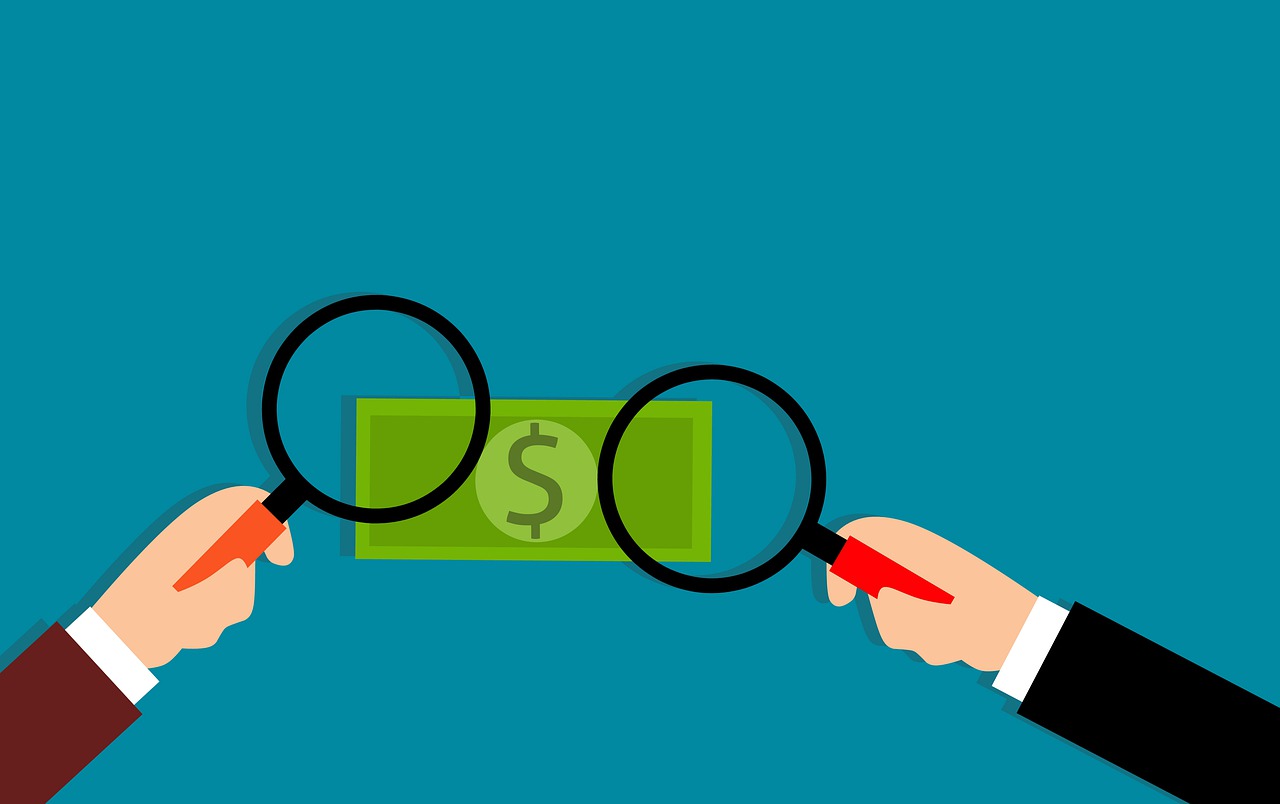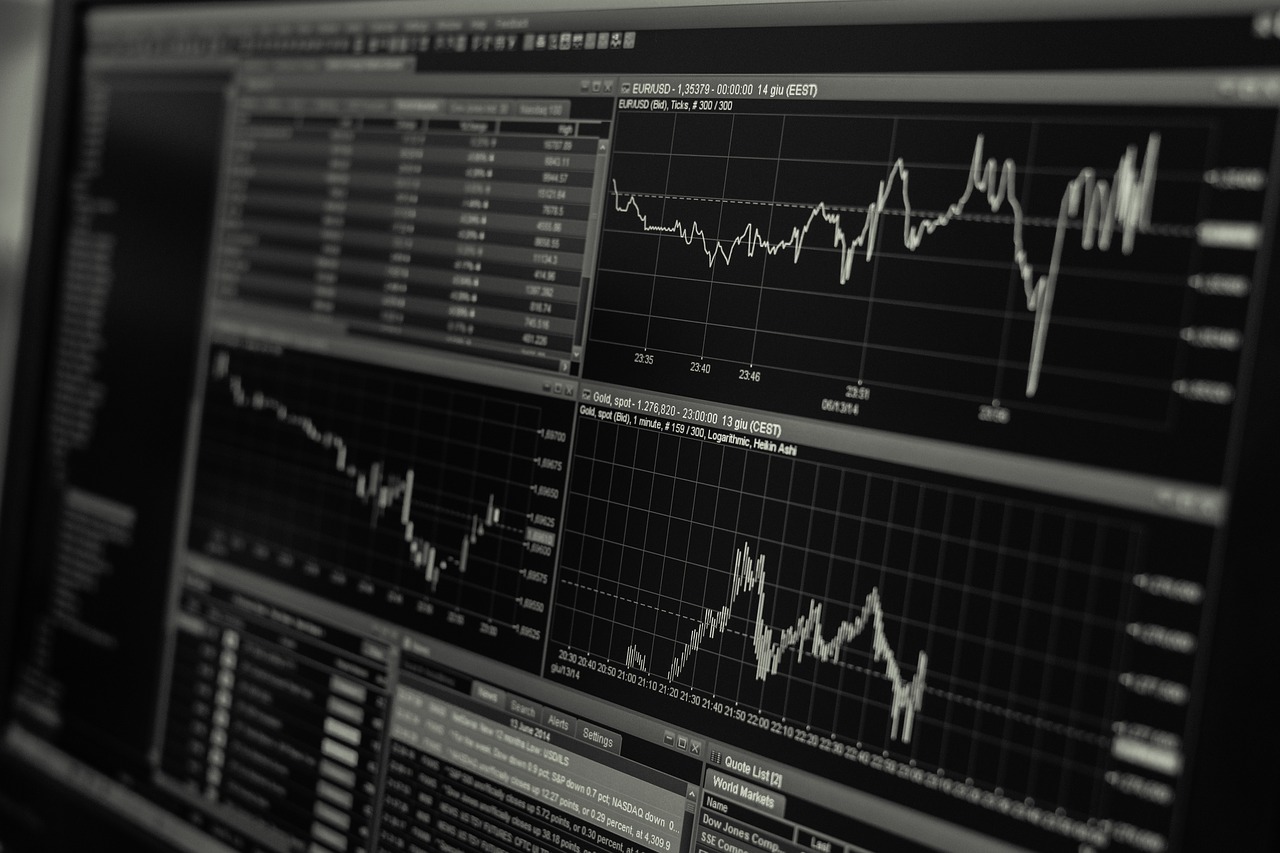Mortgages: Fixed rate vs Variable rate
by Admin | August 27, 2021
Fixed rate mortgage
In a fixed-rate home loan, the interest you pay is always the same. From the very beginning, you know exactly what it will cost you to buy your home, no catch.
Advantages of a fixed-rate mortgage
Knowing in advance how much interest you will pay throughout the life of the mortgage loan has its advantages. The biggest advantage of fixed-rate mortgages is that they are more stable. Since you know the payments from the very beginning, you know how much you are going to pay each month and you can plan better. With a fixed-rate mortgage you won't have any surprises depending on how the economy or central bank interest rates evolve.
The second virtue of fixed-rate loans is that they tend to be less expensive over the long term. In other words, you will pay less for your mortgage because the mortgage term is also usually shorter, even though on average the fixed rate is higher.
An additional advantage is that banks now offer more affordable fixed-rate mortgages with interest rates in the 3% range and even below and terms that can reach 30-year mortgages.
Disadvantages of a fixed rate mortgage
The peace of mind that a fixed-rate mortgage provides comes at a price. The disadvantages of fixed home loans focus mainly on the monthly payment. In other words, the monthly payments are usually higher than for a fixed-rate mortgage, especially during the first years of the mortgage.
To this are added higher origination and origination fees and also for any change or early repayment of the mortgage. Specifically, the Law allows the inclusion of an interest rate risk commission of up to 4% with the mortgage law.
Variable interest rate mortgage
The offer of the banks is divided between variable and fixed mortgage loans. The former are the most common today and the latter were the most common in the past.
A variable rate mortgage is defined because the interest rate of the loan changes over time. Most commonly, there are different review periods of six months or a year during which the mortgage payment will be the same and also the interest rate. In each of these periods the interest rate of the home mortgage will be updated.
How is the variable mortgage interest rate calculated? In all cases a reference index plus a differential will be used. The most commonly used index is the mortgage Euribor, although there are others such as the reviled IRPH of the savings banks.
Advantages of a variable rate mortgage
What are the benefits of a variable mortgage loan? Why is it the most commonly contracted type of mortgage? These loans have three specific advantages that end up seducing the majority of mortgagors. They are the following:
The down payment is more affordable. What you pay month to month at the beginning of the loan is usually lower because so is the initial interest rate to be paid. The trick with variable mortgages is that the rate at the time of contracting is always lower than a fixed mortgage, so in the short term they are cheaper. As most people will look almost exclusively at the installment to contract and will focus on the first years, which is when they will have less money, this type of mortgage is easier for banks to place.
They allow the mortgage years to be extended. This advantage has been reduced in recent years, but variable mortgages are longer. In fact, they can easily exceed 35 years. The market is changing and it is now possible to see fixed mortgages of more than 15 years and even some that go up to 30 years.
The commissions are lower. This is another trend that has evened out, although the balance is still in favor of variable mortgage loans. Want to find out how much your new variable mortgage will cost you?
Disadvantages of a variable rate mortgage
Just because they are the best-selling mortgages doesn't mean they are perfect. Adjustable rate mortgages also have drawbacks and drawbacks that you should be aware of. Specifically, there are two clear disadvantages compared to fixed mortgage loans.
The first disadvantage is that the installments are variable and, therefore, unstable. This makes it more complicated to plan financially, since every six to twelve months what you pay for your mortgage will change.
The second is that variable rate mortgages tend to be more expensive. The reason is that the amortization terms are longer and, therefore, you will pay more interest over the total life of the loan. And as a general rule, long mortgages favor the bank and not the mortgagor. Here you can make an early amortization of the mortgage with your own calculations: How much you are going to pay for your house.




